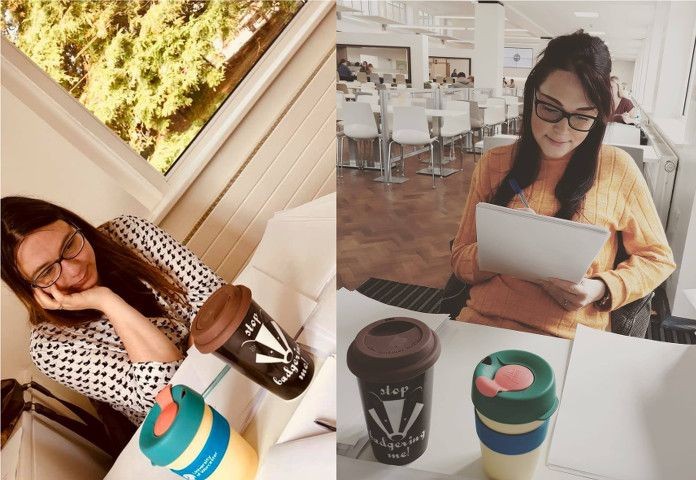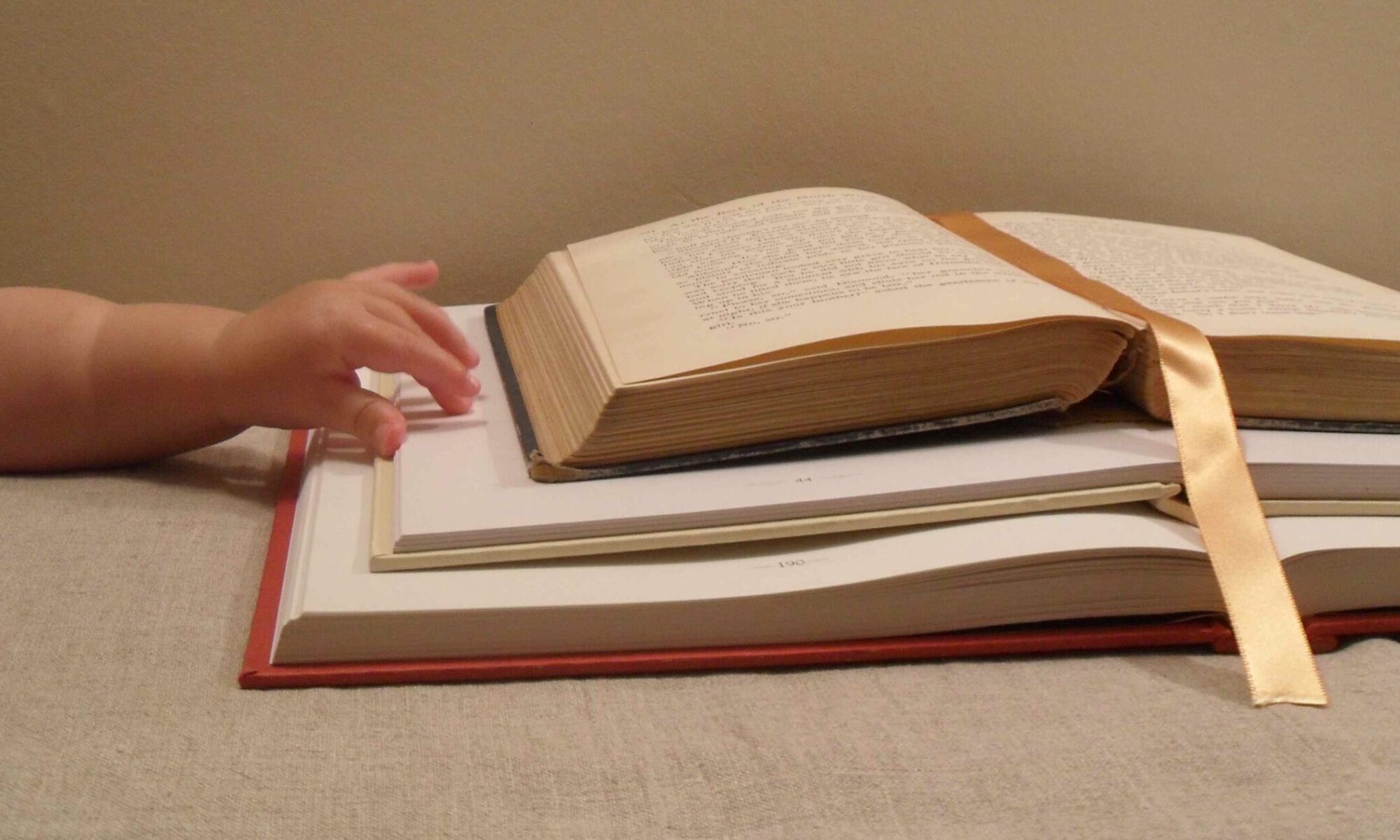
Today I am very pleased to be able to share the results of our 2018/2019 Poetry Prize. Many, many thanks to all those who entrusted us with their writing (I have made a note of some excellent poets I want to keep an eye on!), and huge thanks to the judges, Ruth Stacey and Katy Wareham Morris, for reading, considering and making final decisions (that’s them above, busy making their choices).
Poetry Category (Adult)
Winner: ‘9 ½ cm’ by Michèle Beck
Runners-up: ‘Boarding now at Gate Seven’ by Hannah Stone and ‘Much improved’ by Scarlett Ward
Commendeds: ‘Ponies’ by Caroline Stancer, ‘New Born’ by Ruth Aylett, ‘YOU ARE NOT NIGELLA LAWSON’ by Sallyanne Rock, ‘Spun from the Same’ by Jane Burn, ‘Uncle John’ by Rufus Mufasa
Poetry Category (Children)
Winner: ‘Do you want to play?’ by Darcy Rourke
Commendeds: ‘Song for Mummy’ by Gabriel Hennessy and ‘We Go’ by Pippa McGonigal
Judges’ Report
Ruth Stacey and Katy Wareham Morris
The entries for the competition encompassed a variety of themes, some choosing to focus in on aspects of motherhood and birth, raising children and being a writer. Others chose to work on original subject matter. We had no particular preference for either approach; we sought out poems of high quality, which surprised us in some way. We thoroughly enjoyed reading each poem, more than once, then finally getting together to compare notes and shortlist our winners. It was good to hear such insights into parenthood, family and memory.
Judging as a pair was an interesting process as some poems appealed more to our personal tastes and styles of writing. However, it was reassuring during our final session to find we had almost got exactly the same shortlist of ten from the poems submitted. Our winner was an easy choice which we both agreed on, our runner-up poems took more discussion and re-readings but it was clear which ones to choose.
There were many accomplished poems in the submissions. Some had brilliant lines or images, but lost focus through structural choices or overwriting. There was sometimes a tendency to over-tell an ending. There doesn’t need to be an explanation all the time. There must be trust that the reader can do some of the work as part of the process. There were poems that were particularly emotional, drawing on personal memoir, that caused both judges to feel moved. We felt many of the poems were a draft or two away from being a finished poem, and we hope the poets who submitted will continue to work on them and send them out again.
The children’s poems were all charming and we felt heartened to see children engaging with and writing poetry.
Adult Category:
Winner: ‘9 1/2 cm’. The winning poem utilised an extended metaphor of horror films to describe labour and birth that surprised and unsettled us both. The gothic horror references shine a lens on medical childbirth as something quite otherworldly and chilling. The narrator is both an expectant mother and a female character pinned down in a Hammer Horror film awaiting the monster. The title, describing the opening of the cervix, can also be read as the length of a wound. The structure of the poem is sparse, using white space and dashes to indicate time; the long wait of labour. The sharpness of the enjambment echoes the horror metaphor, cutting through the lines in a jolting fashion, and the rush of words through the fourth stanza, losing punctuation in the middle, adds rising tension and a shortness of breath before the entrance of the creature, who fills their lungs for the first time like Frankenstein, and screams. We thought there was a lot happening in this carefully constructed poem, and we both found it memorable for its visceral and nightmarish elements.
Runner-up: ‘Boarding now at Gate Seven’. We were struck by the brutal honesty in the first two stanzas of this poem, finding the imagery to be both striking and poignant. The first stanza successfully accomplishes a sense of bitterness and frustration, which we could immediately identify with as fellow writing mothers. We think this is powerfully communicated and extended through the beautiful precision of the folded muslin which represents all of the writer’s creative output at this time: it is both vital for the nurturing of the child, in one regard the ultimate creation, whilst simultaneously seeming so mundane and binding in terms of potential creative output. We feel this poem also addresses the still contentious issue of equal parenting and childcare within the debilitating system of structural patriarchy, which demonstrates how poetry continues to be a powerful personal and political tool, making way for important conversations.
Runner-up: ‘Much improved’. We loved the awkward wordiness, rhythm and prosodic features of this poem – particularly in the first two stanzas which really went some way to replicating the uncomfortable demands of having another language/dialect literally in your mouth. There is an authenticity here and a strong sense of voice, which is often a challenging task for writers.
*
9½ cm
Alarmed eyes, coffined under fluorescent lights
elongated Nosferatu shadows move back from
behind the make-shift blue screen.
Epidural ice-cold nitrogen, up-streams
my spinal cord. The long wait —
a tear slips
giving away my position.
Mummified, bestowed on a steel bed
hospital native tongues whisper procedures
apprehensive faces ascend their masks
a scalpel wounds its permanent, numb scar
and your entrance into the world.
7.01 am—
silence.
You fill your lungs
with inspired air
and scream to let me
know you have arrived.
MICHÈLE BECK
*
Do you want to play?
Mam Mam do you want to play? Isn’t it quite so beautiful today.
We can play and play until the rain touches the floor again.
Will you say yes oh please today?
I’m busy why not ask Dad? Surely Dad would like to dance.
Hey Dad do you want to play? Isn’t it quite so wonderful today.
We can play and play until the wind blows again.
Oh please say yes just for today.
No I can’t I’m getting ready for our holiday.
Why not play with the dog? I know she would love to play.
I can’t ask Sadie. I guess it is just me again…
Betsy! Let’s play until the sun comes out again.
DARCY ROURKE, aged 8
